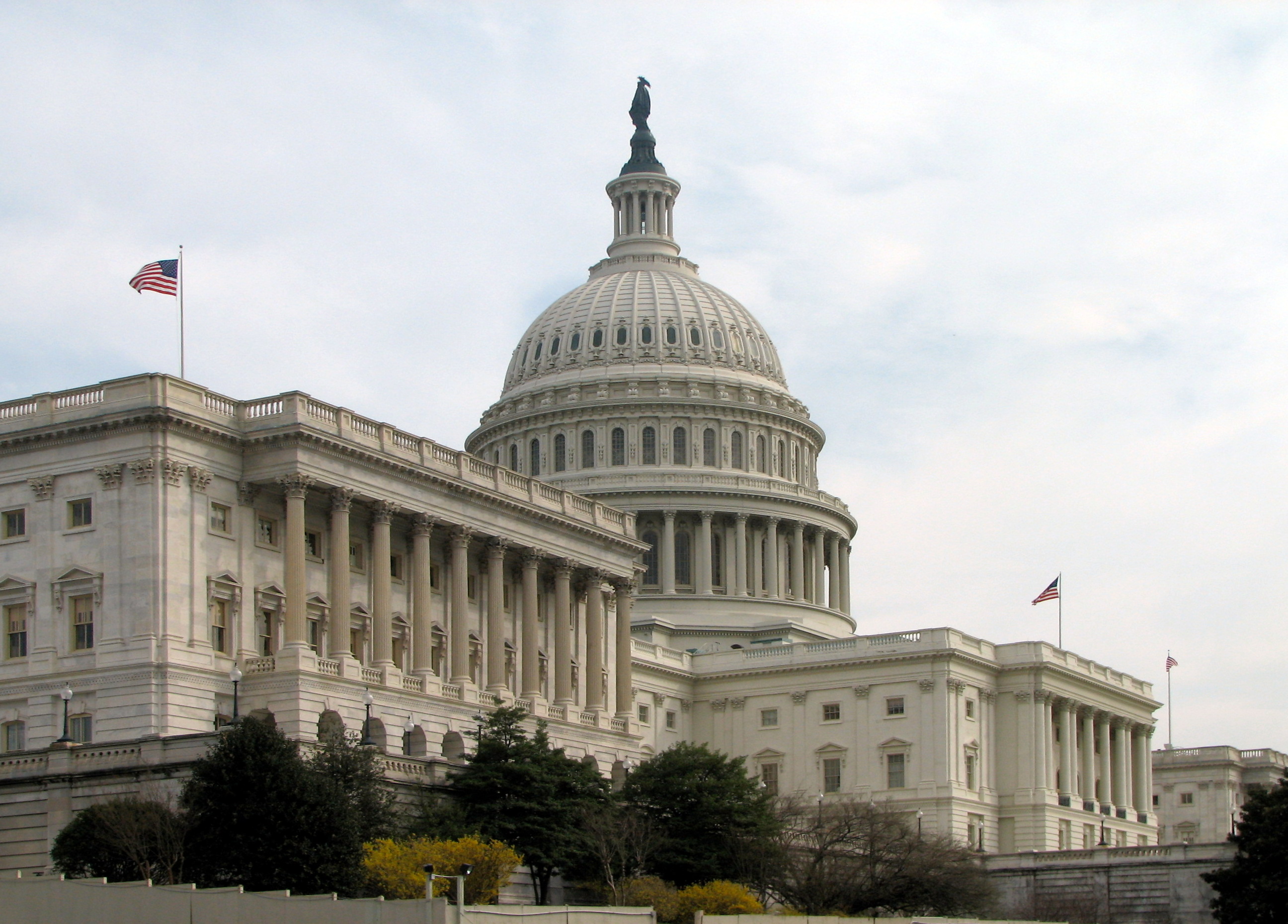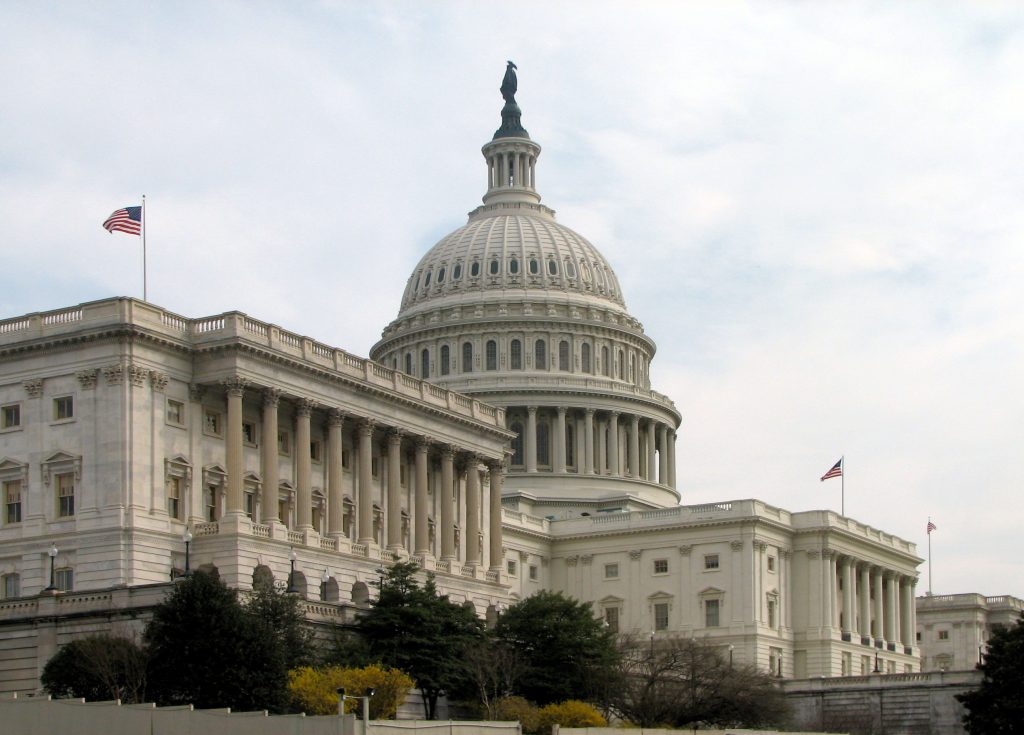Abortion’s Barbarity Continues

Recently, the world learned that researchers at the University of Pittsburgh were grafting the scalps of aborted infants onto the flesh of rodents. And now, prolife group Live Action has uncovered that researchers at a California university has been trading in various body parts of aborted children, specifically genitalia, bladders, and kidneys.
Perhaps most unsettling is the indifference of the people involved to what in any other context would be considered barbaric. Emails uncovered included pleasantries about the weekend and hopes for a happy holiday, exchanged between the parties amidst logs of body parts bought and sold.
This is what Hannah Arendt called “the banality of evil.” The great crimes of history are often committed, not by monsters, but by ordinary folks in day to day life. And so building a culture of life will involve not only passing laws and attending marches, but exposing the scale of assault on human dignity that passes in the name of science.
Copyright 2021 by the Colson Center for Christian Worldview. Reprinted from BreakPoint.org with permission.





